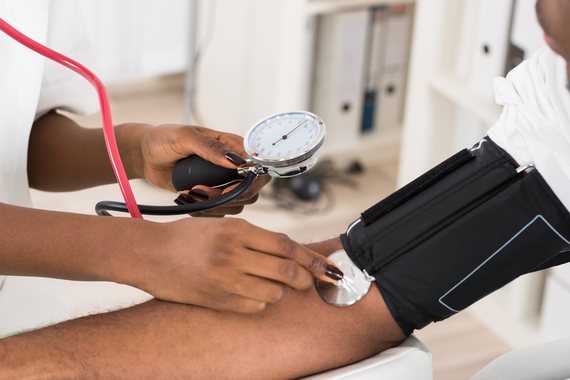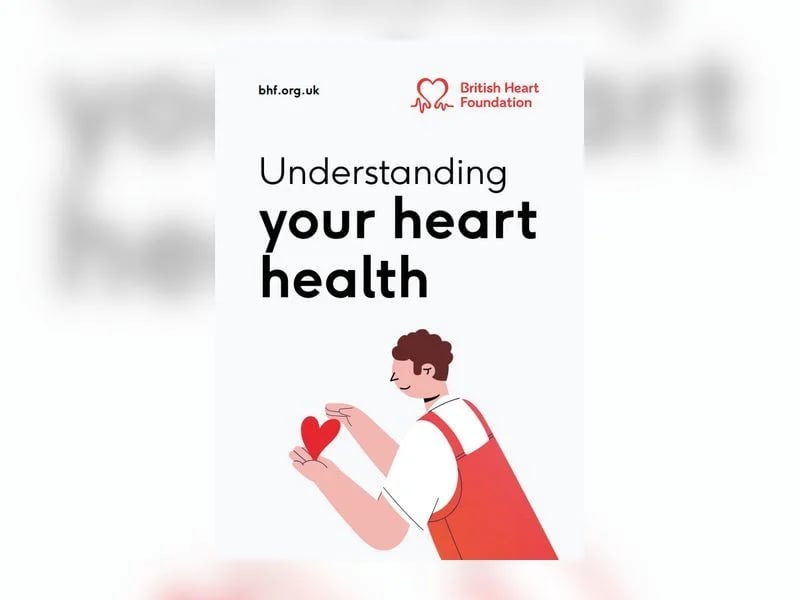How does alcohol affect my health?
To keep your risk of ill health from alcohol to a low level, it's important to not drink more than 14 units of alcohol per week. That is because drinking too much alcohol (more than the recommended 14 units) on a regular basis can cause:
- abnormal heart rhythms
- damage to your heart muscle
- diseases such as stroke, liver problems, vascular dementia and some cancers
- high blood pressure
- palpitations (when you suddenly become aware of your heartbeat pounding or beating more quickly than usual)
- weight gain from the calories in alcohol and unhealthy food choices when drinking.
How much can I safely drink?
There is no completely safe level of drinking. If you drink alcohol, it is important to keep within the guidelines to lower your risk of harming your health by:
- not drinking more than 14 units of alcohol each week
- having several alcohol-free days each week.
These guidelines apply regardless of your age or gender or whether you drink regularly, or only occasionally.
Most people do not drink alcohol every day but if you do, you should aim to have some days off. Just make sure you do not increase the amount you drink on the other days. If you do drink as much as 14 units per week, spread this our evenly over three days or more.
Drinking large amounts of alcohol in one go (sometimes called binge drinking) can have a serious impact on your short and long-term health. It can put you at greater risk of falls, accidents, anti-social behaviour, alcohol poisoning and affect your mood and memory.
In the long term, it can increase your risk of becoming dependent on alcohol, alcohol-related cancer and heart disease. Binge drinking is considered drinking:
- more than 6 units of alcohol for women in one session
- more than 8 units of alcohol for men in one session.
That’s equivalent to drinking about four pints of normal strength beer (4% ABV) for men and three pints for women in one go.
How much is one unit of alcohol?
How many units of alcohol do you consume each week? It is a hard question to answer when you visit your GP. We usually count by the number of drinks we have had, but units are how alcohol is properly measured.
The number of units in a drink is based on the size and its alcohol strength (ABV). The ABV (alcohol by volume) figure is the percentage of alcohol in the drink. So, units are an easy way to tell you how strong your drink is.
The ABV strength of some alcohols are:
- 4% - a pint of 'regular' lager, beer or cider
- 5% - a pint of 'strong' or 'premium' lager, beer or cider
- 12-13% - a standard glass of wine (175ml)
- 20% - a glass of liqueur (50ml)
- 40% - a single pub measure of spirits (25ml).
Is it true alcohol can be good for your heart?
There’s a popular belief that alcohol, especially red wine, is good for the heart. Some researchers suggest that red wine might protect the heart because of the antioxidants it contains.
However, no level of regular alcohol intake, of any alcohol, improves health. It is not a good idea to drink wine to protect your heart. Other foods including grapes, blueberries and strawberries provide the same antioxidants without the negative effects of alcohol.
What we do know for certain is that regularly drinking more than 14 units of alcohol a week the drinking can lead to high blood pressure, heart failure, stroke and contribute to cardiomyopathy.
There are safer and healthier ways to protect and strengthen your heart;
- doing more physical activity will help reduce blood pressure and cholesterol, helps control your weight, boosts energy and improves sleep
- keeping to a healthy weight and diet will help your overall health and puts less strain on your heart. Try our recipe finder for hundreds of delicious and healthy meal ideas
- stopping smoking will prevent plaque build-up in your arteries and improve your overall health.
Are the recommendations different if I have a heart condition?
Talk to your doctor or pharmacist for guidance on whether it's safe for you to drink alcohol.
If you've been diagnosed with certain conditions like cardiomyopathy, heart failure caused by alcohol, or have certain heart rhythm abnormalities; you may need to reduce the amount you drink or avoid drinking alcohol completely.
Drinking whilst you’re on certain medicines might be a problem. Some effects can include drowsiness with painkillers and sleeping tablets, as well as making anticoagulants, like warfarin less effective.
How does alcohol affect my weight?
People often only associate calories with food, forgetting that many alcoholic drinks are high in calories. A unit of alcohol contains around 60kcal, which is around the same as a rich tea biscuit, oatcake or 15 cherry tomatoes.
How do I drink less?
Drinking is very popular in the UK and is often involved in things you enjoy like seeing friends or watching sport. This can make cutting down on alcohol difficult. That’s why we have some useful tips that can help you take control of how much you drink:
- avoid rounds and buy your own drinks so you do not feel pressured
- drink water between each drink to slow you down and keep you hydrated
- drink soft drinks and let other people assume it’s alcoholic (try diet and sugar-free versions to avoid extra sugar)
- order bottles instead of pints and smaller glasses
- set a drink limit so you do not get carried away or lose count
- try alcohol-free drinks, many pubs and supermarkets stock alcohol-free versions of lager, cider, wine and spirits. If you’re trying to manage your weight, alcohol-free drinks contain less calories.
Worried you are drinking too much? Signs can include memory loss, embarrassment and injury, craving alcohol and if the people around you are concerned by how much you drink.
If you’re worried, speak to your GP or get in touch with a drink awareness charity. Alcohol Change UK can help you find out about your options.



